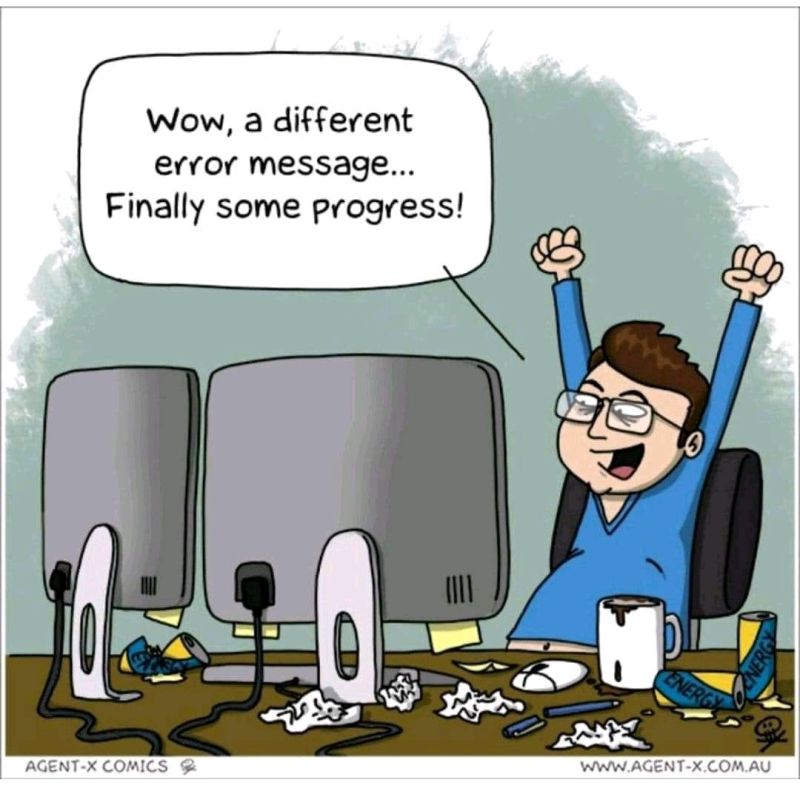
In many cases, key pointers towards success are hidden in a sequence of undesirable outcomes.
Errors in software development can actually be a valuable part of the development process because they often reveal underlying issues or weaknesses in the code, design, or assumptions made early on. When developers encounter bugs, it forces them to closely examine their work, identify the root causes, and consider alternative approaches. These moments of failure provide opportunities for learning and refinement. They push developers to think critically about how their code interacts with the system as a whole, leading to more robust solutions that are better thought out and optimized. This process of trial and error also encourages innovation, as developers might experiment with new technologies, frameworks, or algorithms to address the problem at hand.
Furthermore, encountering and addressing errors fosters a culture of continuous improvement within the development team. As bugs are fixed, the software gradually becomes more reliable, efficient, and user-friendly. Each fix or enhancement often leads to better overall performance, security, or scalability. Over time, these incremental improvements culminate in a polished, optimized release that better meets the needs of users. In fact, the iterative nature of debugging and refactoring allows for a more complete product, where edge cases, performance bottlenecks, and user experience issues are carefully considered and resolved. Ultimately, errors provide a feedback loop that ensures the software evolves into a more stable, efficient, and high-quality version.

Technologist, Cloud Promoter, Automation and Continuous Optimization Advocate.